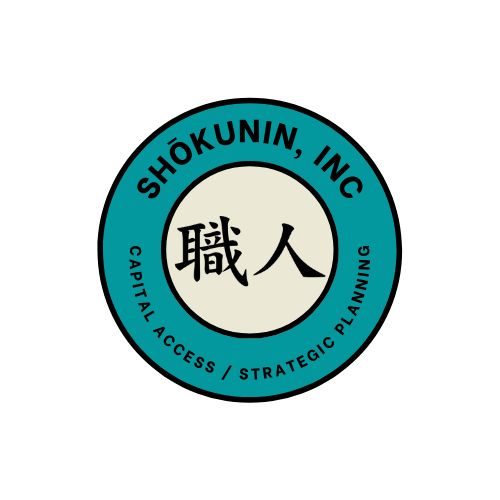Introduction: In the vast landscape of real estate investment strategies, the Delaware Statutory Trust (DST) stands out as an increasingly popular mechanism. Primarily utilized in conjunction with Section 1031 exchanges, DSTs offer real estate investors unique advantages, especially those aiming for portfolio diversification and passive management. This article will unpack the intricacies of DSTs, highlighting their benefits and considerations.
Understanding Delaware Statutory Trusts: A DST is a legal entity created as a trust under Delaware law. While it can be used for various purposes, in the context of real estate, it allows multiple investors to hold fractional ownership in a property. In essence, the DST owns the real estate assets, and investors own units in the DST.
Benefits of Investing in a DST:
- Portfolio Diversification: Through DSTs, individual investors can access institutional-quality real estate, which might be otherwise out of reach due to high investment minimums.
- Passive Management: The DST’s trustee, often a real estate company or a sponsor, manages the property. This arrangement allows investors to enjoy the benefits of real estate ownership without the day-to-day responsibilities.
- Flexibility in Section 1031 Exchanges: DSTs are considered “like-kind” for the purposes of a 1031 exchange. This allows investors to exchange real property for an interest in a DST without immediate capital gains tax implications.
- Limited Personal Liability: An investor’s liability is limited to their investment in the DST, protecting them from personal exposure to the trust’s creditors.
- Consistent Cash Flow: Since DST properties are often long-term leases (like triple-net leases), they can provide consistent income streams to investors.
Considerations When Investing in a DST:
- Lack of Control: Investors in a DST are passive participants. Decisions regarding property management, leasing, and even sale of the property, are made by the trustee.
- Liquidity Concerns: DST investments are typically illiquid. It may not be easy for an investor to sell their interest in the trust.
- DST Limits: The IRS sets specific limitations for DSTs. For example, once the DST acquires a property, it cannot purchase additional properties.
- Risk of Sponsor/Trustee: The performance of a DST is closely tied to the competency of its sponsor. It’s crucial for investors to thoroughly vet the track record and credibility of the sponsor.
Conclusion: Delaware Statutory Trusts offer an enticing pathway for real estate investors, especially those keen on diversifying their portfolios and enjoying passive income. While the advantages of DSTs are numerous, potential investors must be acutely aware of the accompanying risks. As with any investment strategy, due diligence is the cornerstone to success. Whether considering a DST for a 1031 exchange or as a standalone investment, a deep understanding and careful evaluation of the opportunity will pave the way for informed decisions.

